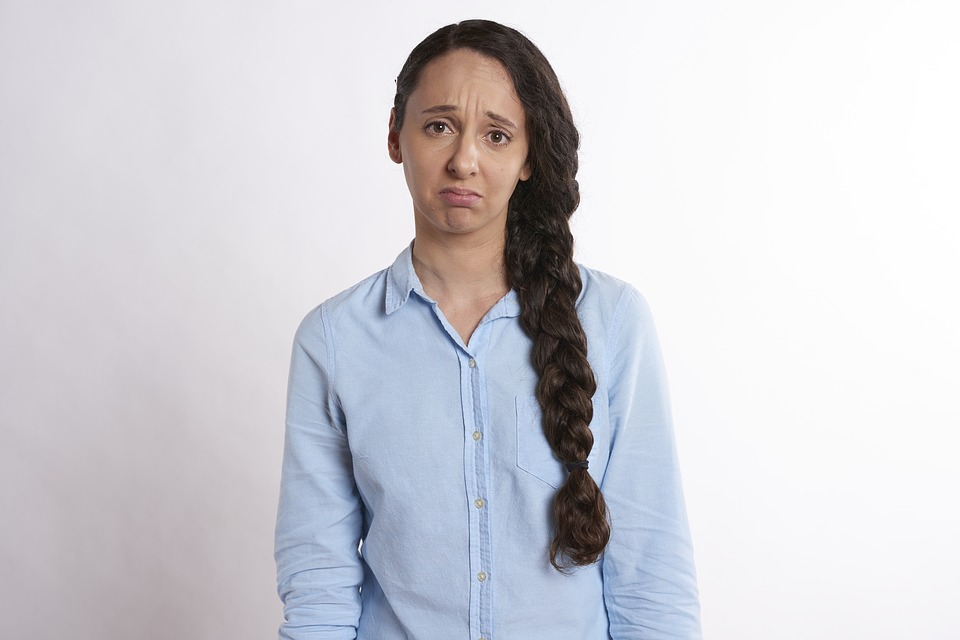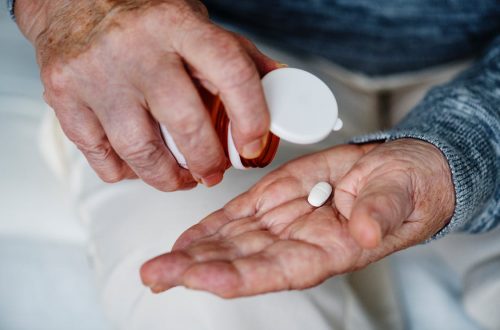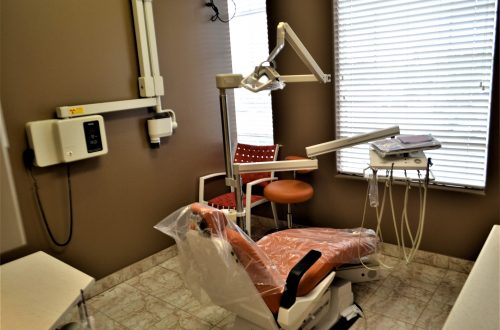
The Ultimate Guide to the Different Women’s Health Medication
Your health is important and your every day life and busy schedule depend on your optimal health. As a women, you experience different health concerns than your male counterpart and it can often be difficult to find medication that fits your needs. With the internet becoming increasingly popular across industries, the healthcare industry has taken the jump and you can now receive online medical services that are confidential so that you can order your medication safely and discreetly.
Here are the different types of Women’s Health Medication and how they can help you.
Contraception
Contraception is necessary when you are trying to prevent pregnancy while still remaining sexually active. While some contraception medications may be better for certain individuals when compared to others, there are three different types of contraception.
- Contraceptive Pill
Also known as “The Pill”, this contraception pill is taken orally every day and is extremely effective at preventing pregnancy when taken correctly. Containing effective hormones estrogen and progestogen, you can safely and easily prevent pregnancy.
- Morning After Pill
The morning after pill, also known as Plan B, is an emergency contraceptive that should be taken after unprotected sex to prevent unwanted pregnancy. If your usual form on contraception fails or none was used at all, the morning after pill will provide you with added protection. When taken as soon as possible, they are the most effective, but some can be effectively used for as long as five days after intercourse.
- Alternative Contraceptives
Many women don’t like taking a pill every single day because they don’t like swallowing pills or may not feel like they have the ability to remember to take the pill at the same time every single day. Instead, there are alternative contraceptions with rings and patches that contain the same hormones as the pill but are administered differently.

Menstrual Cycle
All women know how disruptive your menstrual cycle can be to your daily routine. When that time of month rolls around, there are a few women’s medications that you can use to improve this difficult time of month.
- Period Delay
For many reasons, women may want to delay their period. Whether there’s an upcoming holiday, special event, or for any other reason, you can now safely delay your period to fit your active lifestyle and avoid inconvenience. To effectively delay your period, you should take Norethisterone three days before your expected start date.
- Period Pain
There’s nothing worse than experiencing cramps and other premenstrual symptoms. Changes to appetite, skin, hair and moods can all occur before your period starts. If that’s not enough, one of the worse side effects is abdominal pains, or cramps. These cramps can now be easily managed with pain treatments designed specifically for pain occurring as symptom of your time of the month.
- Hormone Replacement Therapy
Women may use hormone replacement therapy (HRT) to replenish their hormones as they approach menopause. This can effectively relieve the symptoms related to menopause including, hot flashes and mood swings. There are a lot of HRT treatments out there, so it’s important to find the best for you and your body as you start menopause.
Condition Specific
With so many possible issues women can face when it comes to their health, it’s important to find treatments for specific ailments and symptoms. Don’t let certain symptoms hinder your ability to continue with your everyday life. Instead, find women’s health medication that can help you with these symptoms and conditions:
- Cystitis Treatment
UTI’s usually affect women more than men because they have a shorter urethra that allows bacteria to enter the urinary tract. Cystitis is one of the most common forms of UTI’s and while it is not a serious cause for concern, it can cause extreme pain and discomfort. While mild UTI’s can get better on their own, medication can help improve the condition for serious cases and reduce pain and discomfort.
- Thrush Medication
Also known as a yeast infection, thrush can affect both women and men. In women, the symptoms of thrush are redness, itching, or soreness of the vagina and vulva. Thrush is basically harmless but can cause discomfort, so it’s important to find a treatment that will help minimize the symptoms and battle the yeast infection.
- Bacterial Vaginosis
Also known as BV, bacterial vaginosis is one of the most common bacterial vaginal infections. It produces symptoms similar to thrush, like discharge, and is also not life-threatening or dangerous. Another infection that may go away on its own, BV can be treated with medication to get rid of discomfort and improve the other symptoms.
- Vaginal Dryness
This issue can affect any woman at any time. Vaginal dryness can cause soreness, itching, pain, and can even increase your chances of getting UTI’s. It is often caused by medications, menopause, or breastfeeding. Fortunately, there are women’s medications that can clear up the symptoms quickly and easily.
- Hair Removal
Hair growth can occur almost anywhere and excessive female hair growth (facial hirsutism) affects about 10% of women. It most commonly occurs on the chest, lower stomach, and lower back. While it is not dangerous or life-threatening this condition can cause self-consciousness. Hair growth is easily treatable using medication.




